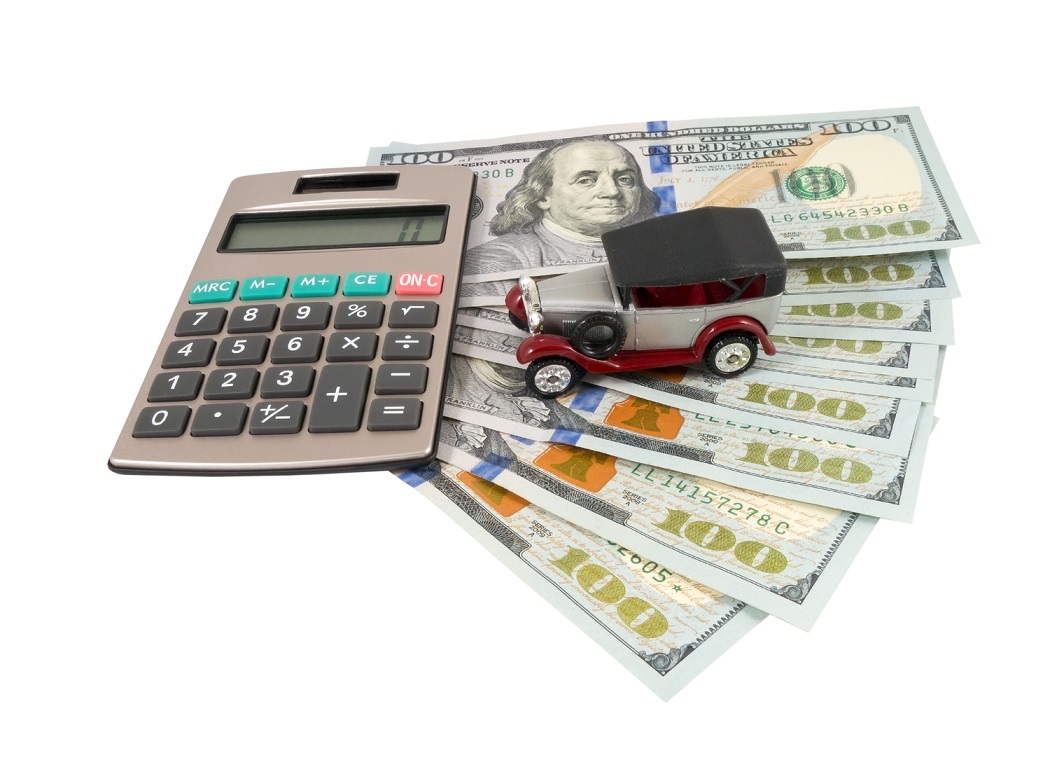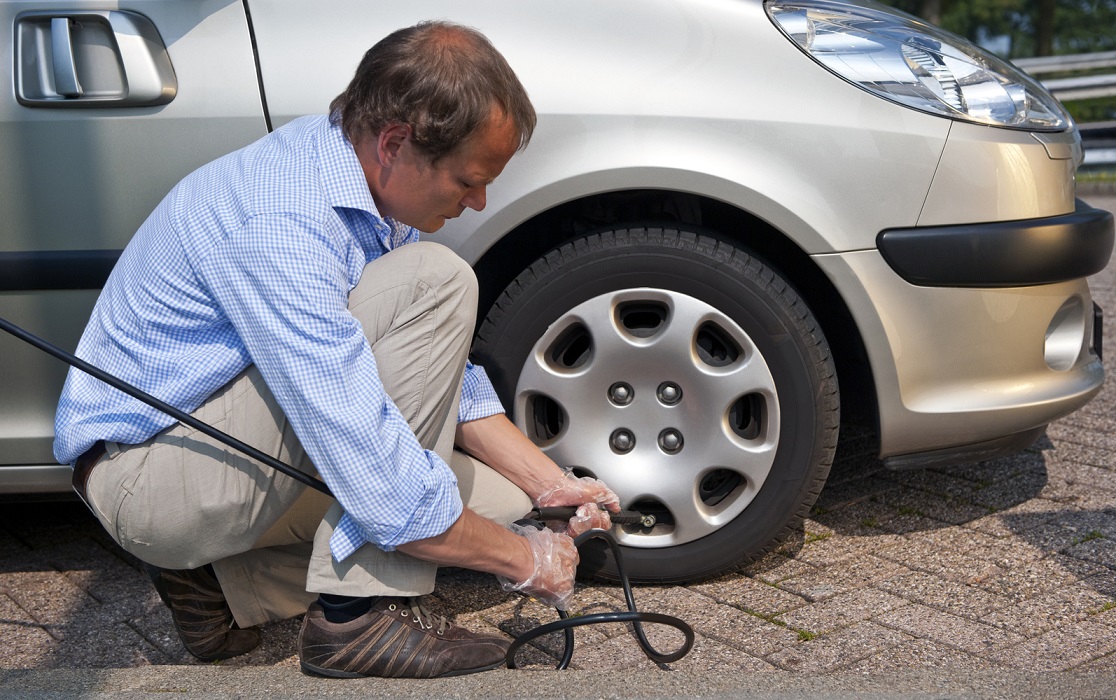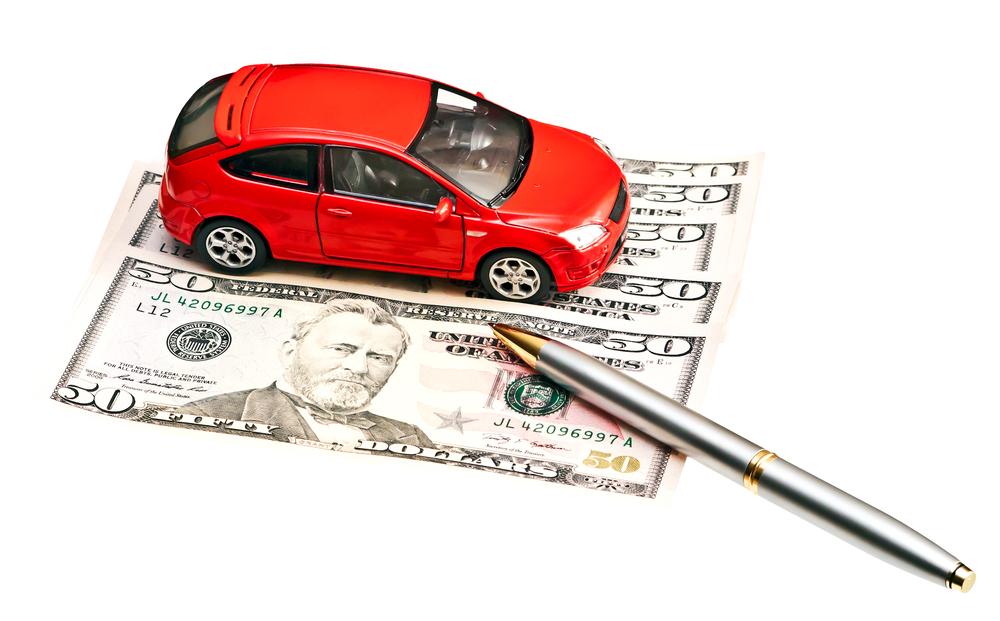
Is your Auto Insurance Going up? Here is how you can lower your bill! As much as nobody is praying to get involved in accidents that could cost lives and at very least, cause damage to their vehicles, no one knows exactly what could happen or go wrong the next minute or second.
The likelihood of any such unforeseen events happening is what has led all automobile (trucks, motorcycles, cars, and other road vehicles) users to register for automobile insurance.
Automobile insurance is meant to cushion the (financial) burden of damages caused to your vehicle, and as such, you pay certain amounts of money to insurance companies in preparedness for such events.
When automobile insurance begins to cost you more money with the passing of every day, it becomes a source of concern. However, not every automobile owner is aware of what the causes of such an increase are.
It’s not hard to figure out, as new models of vehicles are being pushed out of factories, they are designed and built to meet standard specifications – which calls for the use of advanced materials!
These materials cost quite a lot of money, and replacement parts are often not readily available.
So, what do you think happens if your car suffers any damage?
The cost of repair becomes higher, and if you are careful to avoid accidents or damage to your vehicles, there is a need for routine maintenance!
Maintenance for modern vehicles is quite on the high side these days because of the level of technology involved in automated maintenance which saves time (and sometimes are relatively cheap).
Your satellite radios, smartphones, 7-inch display screen, and another fancy tech features in your cars also contribute to why your automobile insurance is going up! When you engage them while driving, your attention becomes divided, and accidents that could easily be avoided if you had stepped on the brakes a split second earlier turn out to cause much damage and drain your pockets.
So, how can you lower your auto-insurance bills while also going about your daily business effortlessly?
Here are ideas for you to consider:
- Compare Prices – Shop Around
Before you sign any auto- insurance agreements, ensure that you have at least three quotes from other insurance companies.
The cost of auto-insurance varies, and you can find a better offer with another company at the same amount or even lower. While at it, ensure that you settle for a financially stable insurance company!
It helps to visit your state insurance department and also ask friends about how it Works.
- Reduce Coverage on Older Cars
You should consider dropping either collision or comprehensive or both coverages on older cars whose costs are ten times lower than insurance coverage you have on them.
- Let Your Home Insurance Company Also Provide Your Auto Coverage
This is a trick that most vehicle owners are not familiar with. Having both your home and auto insurance with one company is much cheaper than having multiple policies with different insurance companies.
Most insurance companies offer discounts and reductions if you have multiple policies with them, and you may enjoy low rates if you are a long-time customer.
- Take Advantage of Low Mileage Discounts
Some auto insurance companies offer discounts to customers with lower than average mileage per annum. This is especially profitable for those who alternate between driving, riding a bike, and even walking to work, parks, or grocery stores.
- Compare Insurance Costs Before Buying Any Vehicle
As cars vary in design, model, and costs, so do the cost of insurance on them. Always ask for the insurance costs on any car before purchasing them – whether new or old. The cost of repairs and the likelihood of theft also affects the insurance cost, that’s why insurers offer discounts on a vehicle with features that reduce the chances of theft and damage.
Lastly, “buy less expensive cars,” but then, how much one decides to pay for a car, or any vehicle is subject to individual differences, taste and social status in most cases. All that matters is for you to have auto insurance that is proportional to what you’re spending – the idea is to cut costs and avoid outrageous insurance bills you could easily do away with.














